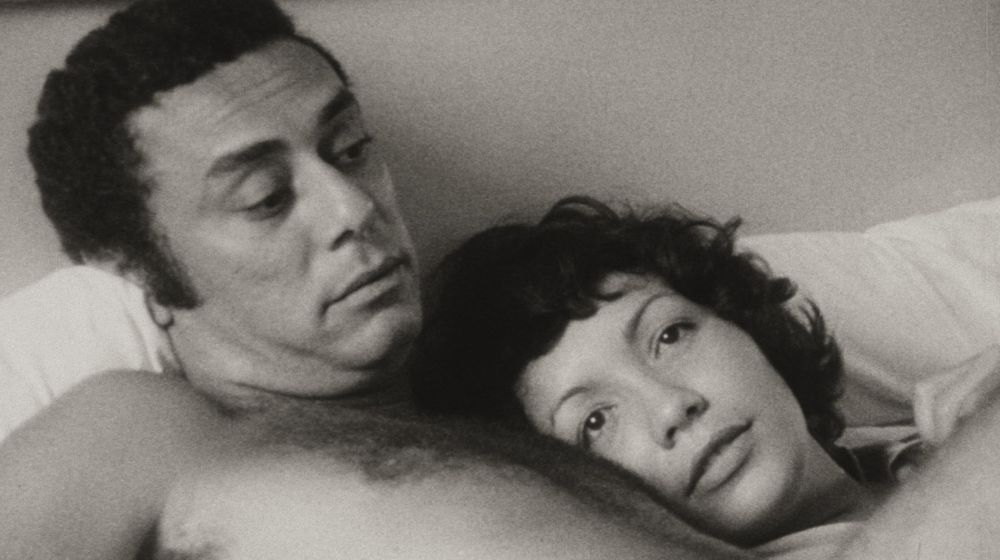Under the slogan “a revolutionary cinema for the revolution”, Cuba became one of the most prolific centres of film production and experimentation on the continent, promoting narrative exploration in both fiction and documentary. Trained in journalism and music, Sara Gómez began her studies at the Cuban Institute of Cinematographic Art and Industry (ICAIC) in 1961. Mi aporte (1969), one of the 19 documentaries she made, presents a series of critical testimonies about the difficulty Cuban women face in contributing as citizens due to the masculinity prevailing in social and working life. Once completed, it was banned, deleted from her official filmography and hardly screened.
Her first feature, De cierta manera (1977), tells story of an affair between a mulatto worker and a secondary school teacher in an outlying district of Havana. This fiction offered an excuse to freely explore different ways of using cinema to address a deep-seated, unequal reality by combining intimate portrait with reportage, ethnographic research and self-reflection.
Gómez died of respiratory arrest at the age of 31 while editing the film, leaving her mentor, Gutiérrez Alea, and co-screenwriter, Tomás González Pérez, the task of completing it. As Gutiérrez Alea remembers, “Sara would have liked to have made films without cameras, without microphones: directly, and that’s what gives her this strength, and this unique something that, unfortunately, I don’t think has been valued enough in the passing years”.
Mi aporte, Sara Gómez, Cuba, 1969, 35 mm, 33’
De cierta manera, Sara Gómez, Cuba, 1977, 35 mm, 73’
Digital screening. Copies provided by Instituto Cubano de Arte e Industria Cinematográficos (ICAIC).
